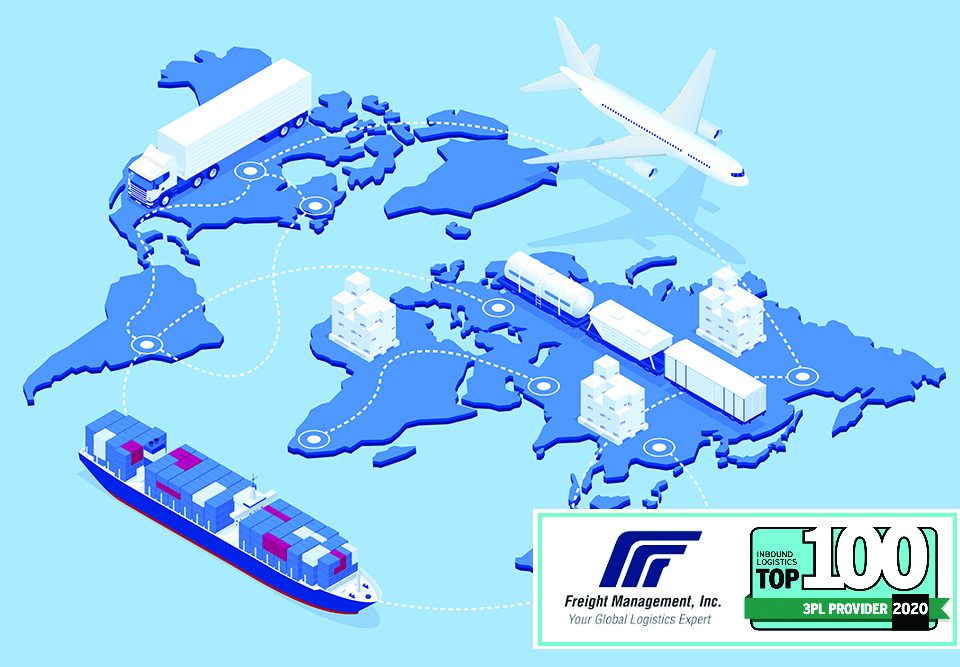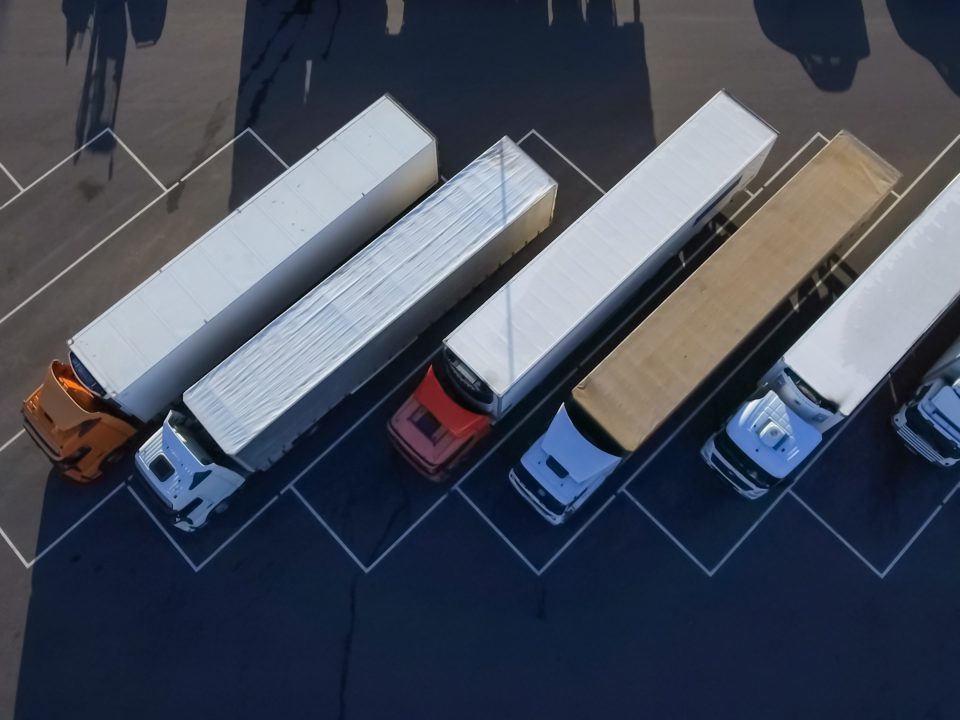Harbor truckers supported by the International Brotherhood of Teamsters picketed the Port of Los Angeles-Long Beach on Monday, targeting XPO Logistics at multiple locations in Southern California. Teamster spokeswoman Barbara Maynard said that the picketing and job actions will be extended to other Southern California trucking companies and warehouses on Tuesday, and the efforts will continue through the end of the week. The Teamsters efforts is to promote the expansion of the employee-driver model, which would make it easier for the union to organize or unionize the drivers, are intended to pressure the targeted motor carriers to properly classify their drivers, not to disrupt cargo handling and truck traffic. She also added the result sometimes is “collateral damage” to the terminals and truck traffic. Port police assigned to the marine terminals have attempted to achieve a balance between allowing the picketing drivers to protest while not actually blocking access or egress at the facilities. A statement from Weston LaBar, Executive Director of the Harbor Trucking Association seems to support that the port police have been successful in achieving this balance, “I haven’t heard much of anything in terms of disruption.” The strategy of the picketers appears to be to congregate outside several marine terminals and when truckers who are driving for Teamster-targeted companies approach the terminals, the picketers approach those trucks.
The main objective of this weeks job actions, the 15th event since the Teamsters began their efforts four years ago, is to draw attention to what the union charges is misclassification of drivers. The majority of drivers in Los Angeles-Long Beach, and other ports across the U.S., are independent contractors, known as owner-operators because they own or lease their equipment and operate as stand-alone companies. The Teamsters for years have charged that the trucking companies exert enough control over the drivers to constitute an employer-employee relationship. The Teamsters contend that as employees, the drivers would earn better wages, and have access to the companies medical and retirement benefits. However, surveys reported by the Harbor Trucking Association show that 90 percent of the drivers at its members companies prefer to operate as independent contractors. A 2015 study commissioned by the California Trucking Association found that 75 percent of the owner-operators earn more than employee drivers doing the same work. The study found that the average pay of the owner-operators was $55,000 a year.
This weeks actions are also designed to draw attention to the efforts of the ports to update their 10-year-old Clean Air Action Plan and its clean-truck component, as was announced last week by the mayors of Los Angeles and Long Beach. Since this program went into effect in 2006 there has been a 90 percent reduction in harmful diesel emissions. The overall goal of the program is to have 100 percent zero-emissions trucks by 2035. Owner-operators are concerned that in order to work in the harbor, they will have to invest their own money into costly new electric trucks. Since the trucking companies, who hire the owner-operators, are the ones negotiating the rates between shippers and ocean carriers, this effectively eliminates the owner-operators ability to increase their income.






